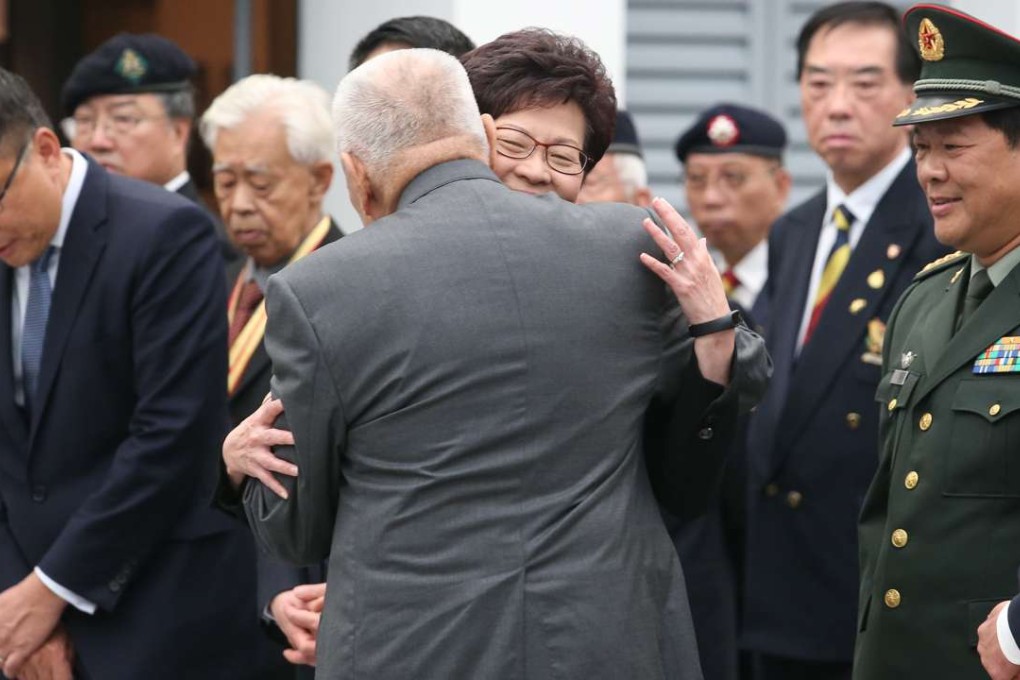In Hong Kong leadership battle, will Carrie Lam inherit Leung Chun-ying’s pro-Beijing supporters?
Albert Cheng believes the chief secretary will be the establishment candidate in the 2017 leadership race, and the pro-democracy camp, while it did well in recent polls, is no kingmaker

The political changes in Hong Kong of late are a strong reminder that a week is a long time in politics. Last Friday, Leung Chun-ying announced that he would not seek a second term in the upcoming chief executive election. The decision came out of the blue; even Leung himself and the central government’s liaison office only received the direct order from Beijing the day before.
Leung cited “family reasons” when he dropped the bombshell, attributing it to his recently hospitalised daughter. It is well known that Chai-yan is emotionally unstable. She is understood to have been a patient in the Prince of Wales Hospital for at least a month. With Leung and his wife finally caught on camera visiting their daughter, the question was, “Why now?” It seems the leak was “scheduled” right before the announcement.

Uncertainty prevails in Hong Kong after Leung Chun-ying decides not to seek second term
Political gossip has it that Leung had lost favour with Beijing and that the Xi Jinping (習近平) government’s trump card to stop him from being re-elected was to formally charge Song Lin (宋林), the former chairman of China Resources, with corruption. Song had reportedly been close to Zhang Xiaoming (張曉明), head of the liaison office, and was said to have supported Leung in 2012.
Pro-establishment media suggested that Leung’s dropping out was a way for Beijing to cool the pro-democracy camp’s “Anyone But CY” campaign. But Leung’s decision has not changed the pan-democrats’ stance, as they are not just going after the disliked chief executive, but also the autocratic leadership he represents. Of course, the latest political twist has given the pro-establishment camp a way out, as they are no longer required to vote for the unpopular Leung.
Indeed, the Election Committee poll results show that many in the pro-establishment camp have abandoned Leung. Most of those who voted for him in 2012 were booted out, and the surviving ones were elected by thin margins. The professional constituencies, including the architectural and surveying subsector, which are supposed to be dominated by the pro-establishment camp, saw the election of a few pro-democrats this time. In fact, the pan-democrats gained a record 326 seats on the Election Committee. Leung has no one to blame but himself for the result.